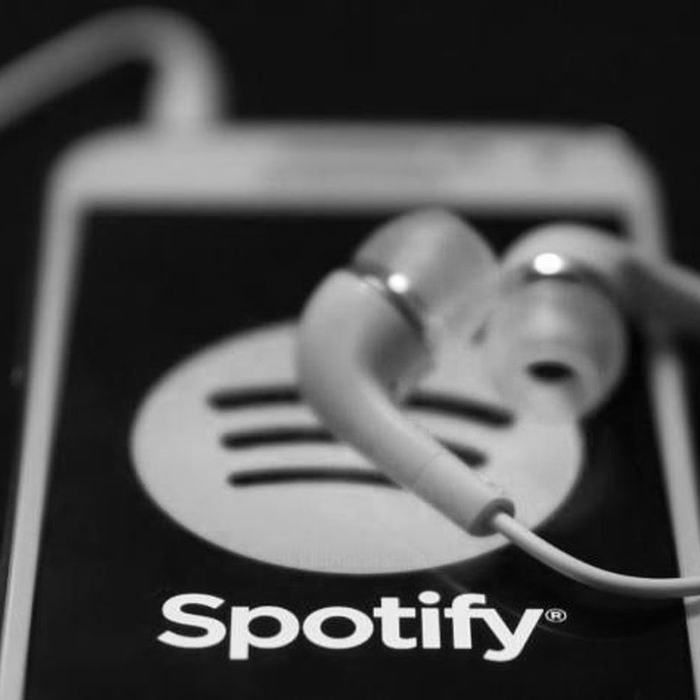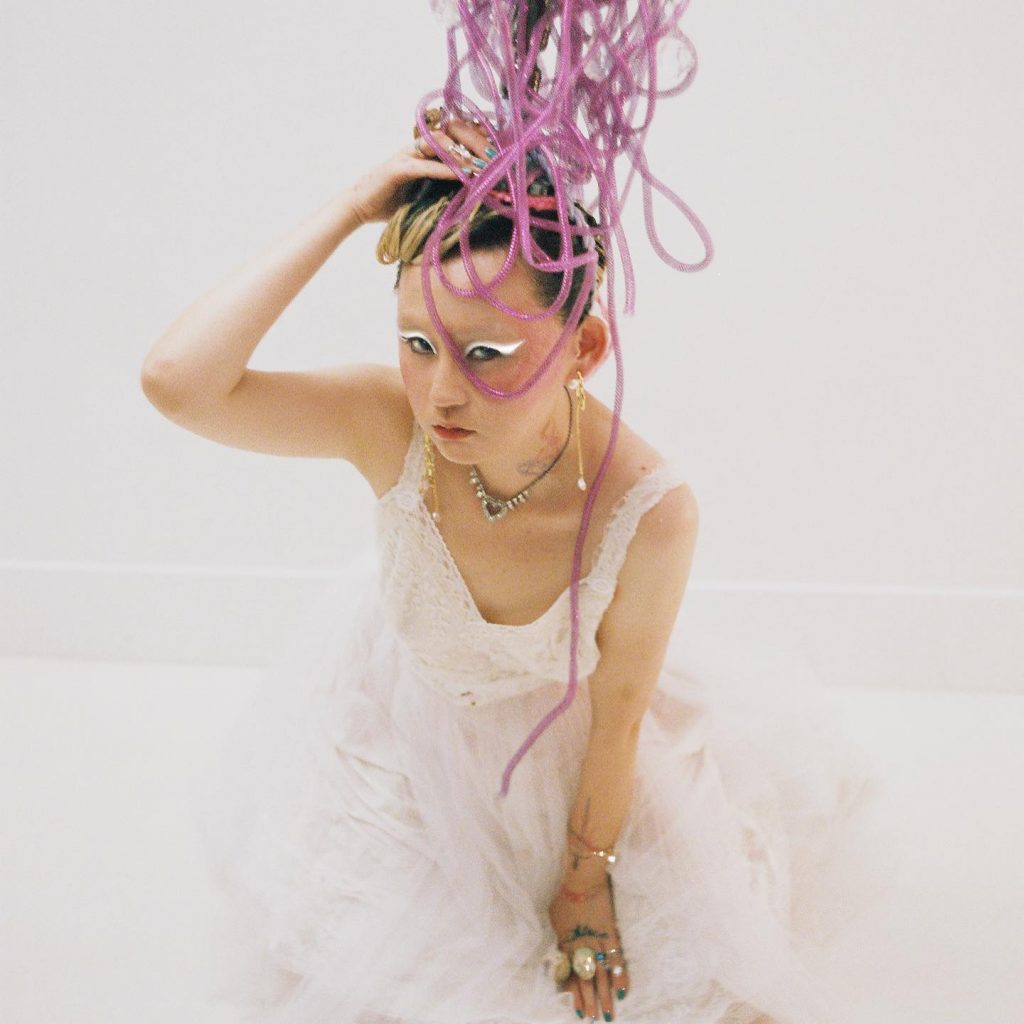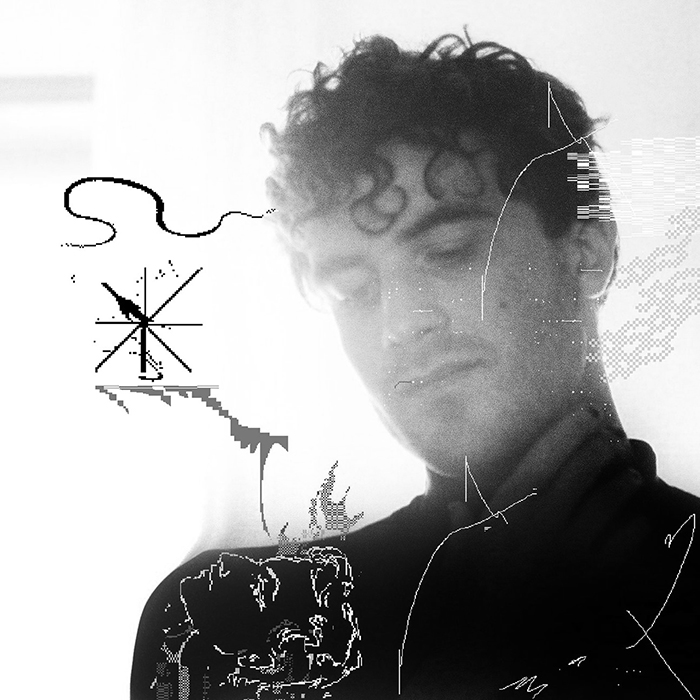Pig&Dan’s Dan Duncan launches CryptoDJs as the music industry continues to shift towards NFTs
Yesterday, DJ/producer Dan Duncan (one half of tech duo Pig&Dan) launched CryptoDJs, a new platform that hosts collectable NFTs (nonfungible tokens) from electronic music artists. Launched on the Polygon blockchain, CryptoDJs offers fans access to “exclusive communities and content,” by way of collectable, digital NFT cards created by a small group of DJs, producers, and tastemakers. Each card is priced at $66, payable via credit card or cryptocurrency and is totally unique. 10% of these cards will feature exclusive, unreleased music disguised in the card with the respective artist’s favourite colour. Speaking on the concept, Duncan says: “What really excites me about being part of CryptoDJs, is the fact it’s built on authenticity. It’s been created to provide opportunities for us as artists to engage with those who support us in new and innovative ways. A gateway to grow a genuine collectors community.” Perks of becoming a collector on CryptoDJs include gaining access to exclusive content and events, meet and greets, and backstage passes to “a special gallery in Decentraland.” Specific perks are unlocked by specific card combinations, so collectors are encouraged to collect as many cards in order to have as many possible combinations. The cards will also be able to be traded on Opensea, currently the world’s largest NFT marketplace.
CryptoDJs follows a burgeoning trend that sees independent artists shift increasingly more toward the NFT market. It’s easy to see why this market appears lucrative, especially for DJs and musicians who have just come out the other side of losing a massive source of their revenue. Just last year, NFT sales volume ballooned to $25 billion in total according to Forbes. This is compared to $95 million in 2020. Aside from the potential revenue opportunities, NFTs also place creative control solely in the hands of the artist as opposed to the label system. The possibilities of what an NFT can offer are also endless. From digital music and digital artworks, to Duncan’s collector’s cards or PDFs of music and lyrics, NFTs offer artists countless ways to share their work. Suddenly, music is not just limited to the standard digital, CD & vinyl release. With interest in NFTs growing exponentially, it’s possible that we could be witnessing the birth of a new music market altogether. This presents valuable opportunities for smaller, independent artists. Unlike the label system, with NFTs artists are able to create and trade work with little interference from corporate systems, making the NFT market even more desirable.
The timing of the NFT boom couldn’t be more conducive to its establishment as the new industry marketplace. The onset of the pandemic saw musicians around the world lose the revenue of live events. This caused a wave of artists, especially DJs and electronic music artists, to seek new platforms and means to connect with fans. The internet became the new nightclub, arena, and stadium, and for many offered the opportunity to reach audiences on a scale like never before (see: Sofi Tukker). The rise of the NFT also coincides with the inevitable downfall of streaming. Over the past few months, streaming platforms like Apple Music and in particular, Spotfiy, have come under increased scrutiny with regards to their revenue models and royalties system. Artists make on average between $0.003 and $0.0084 per stream on Spotify, but then the total royalties are pooled and between rights holders & distributors (labels) before anything is paid to the artist. NFTs don’t present this problem. There are no labels, distributors, or rights holders controlling the creation and trade of NFTs, and those who buy NFTs don’t buy the rights to the music in the same way labels and publishing houses do. In many ways, the NFT marketplace is one regulated by creators.
But this lack of regulation could also work against independent artists. Many established artists have begun to shift toward the NFT sphere, while a growing number are pulling their music from streaming services (Spotify lost nearly $2 billion in market value this month alone). Last March, pop star Grimes reportedly sold nearly $6 million worth of digital art as NFTs while rapper M.I.A has been releasing new music and archive pieces of her digital art exclusively as NFTs. “It’s only now that the appropriate gallery for my work finally exists,” she said of the NFT market. KALA COYN, an NFT of a piece of her digital art from 1996, was auctioned off for $52 000. With big name artists joining the arena, competition becomes increasingly more difficult to beat. Things get even more complicated when labels and corporations inevitably join the race.
The potential for NFTs to disrupt the market is massive, and as NFTs continue to develop into the new industry standard, it’s only a matter of time before industry titans make a move to cash in or flood the market in an attempt to dominate it. In fact, it’s already started. Universal Music Group jumped on the trend last year, announcing the launch of a band made up entirely of NFT characters. Kingship is a Gorillaz style band made up of four of NFT creator Jimmy McNelis’s Bored Ape Yacht Club characters. The band is organised by 10:22 (one of UMG’s labels) CEO Celine Joshua, who has also hired a team of animators and crypto artists to bring the apes to life. You can expect Kingship to pop in video games, apps, and all over the Metaverse. Live Nation has also launched an NFT division, turning concert goers’ digital ticket stubs into NFTs. The NFT is included free with every ticket purchased for a Live Nation show in North America, and can later be traded online. The project launches in July with Swedish House Mafia. Recently, Metaverse virtual platform Decentraland hosted a virtual “rave” to celebrate the launch of an NFT collection by artist Bjarne Melgaard which was condemned online. Perhaps it’s a sign of the times. As our world moves into virtual spaces, so do our places of community. Music’s shift to NFTs also means a shift of dance culture into the online space in an unprecedented way. Maybe it’s necessary then to do some gatekeeping, and protect our community from an assimilation into the matrix that’s beyond our control.
See video from the Decentraland rave below.




